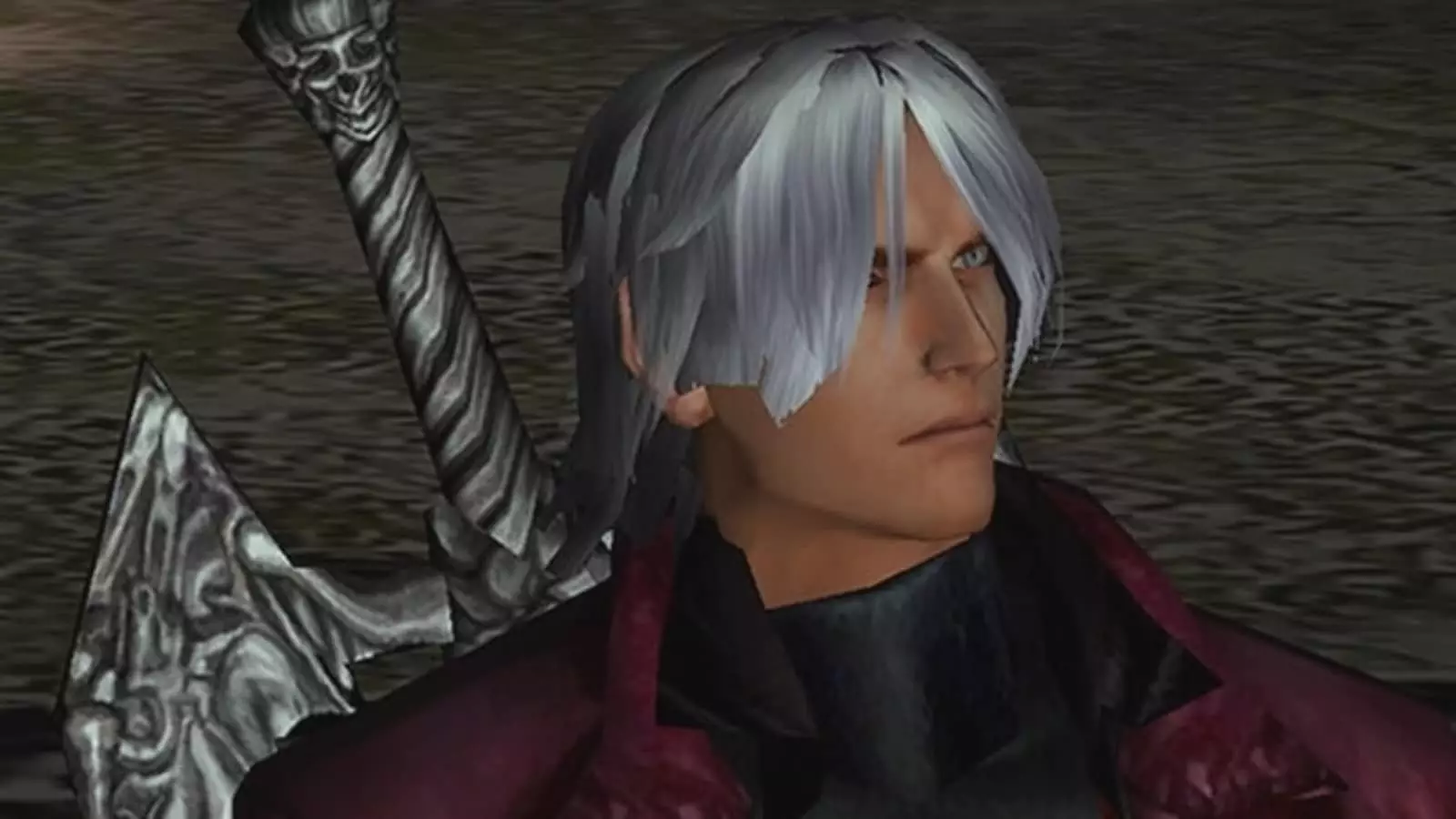In the realm of video games, few titles hold the same iconic status as Devil May Cry. Originally released in 2001, this action-adventure hack-and-slash game not only redefined the genre but also etched itself into the memories of gamers worldwide. Directed by the visionary Hideki Kamiya, the game introduced players to the charismatic demon hunter Dante, whose stylish combat mechanics and rich story captured audiences. Fast forward twenty-four years, and the conversation surrounding a potential remake has heated up, primarily thanks to Kamiya’s recent comments about wanting to revisit his beloved creation.
The Artistic Vision of Hideki Kamiya
Kamiya’s passion for the Devil May Cry franchise remains undiminished, showing in his candid discussions about the game on his YouTube channel. When asked about the possibility of reimagining the original, he responded with enthusiasm, stating how much he would love to undertake such a monumental task. However, he clarified an important aspect: rather than a mere remaster, he envisions a complete overhaul of the game “from the ground up.” This statement carries significant weight, as it reflects not only his admiration for the original design but also his desire to harness modern technology to create an experience that resonates with both old fans and newcomers alike.
Why a Complete Remake Makes Sense
The gaming landscape has evolved significantly since Devil May Cry’s inception. Mechanics, graphics, and narrative designs have progressed in leaps and bounds. Kamiya himself has noted that, upon occasionally catching snippets of gameplay from the original, he feels the design shows its age. This acknowledgment is integral to understanding why a complete remake could be more beneficial than a simple remaster. Today’s gamers expect not just nostalgic value but also innovative gameplay that reflects contemporary standards. By undertaking a ground-up remake, Capcom could retain the core essence of what made Devil May Cry special while enhancing it to meet modern expectations.
The Influence of Capcom’s Remake Strategy
Capcom’s success with the Resident Evil franchise’s remakes has set a benchmark, illustrating how beloved classics can be effectively revitalized for a new generation. The critical acclaim and commercial success of these remakes provide a compelling case for revisiting other franchises. Devil May Cry, while not as commercially dominant as Resident Evil, still ranks as one of Capcom’s top five best-selling series and boasts a fiercely dedicated fanbase itching for new content. The potential for a remake seems like a natural next step, especially given the momentum surrounding nostalgic properties in popular culture today.
The Future is Uncertain but Hopeful
While Kamiya’s remarks have sparked excitement about the idea of a Devil May Cry remake, there remains a degree of skepticism. He currently does not work directly for Capcom, although his involvement in other projects suggests that he still enjoys a collaborative relationship with them. The open speculation regarding a remake contrasts sharply with the typical secrecy often surrounding new game developments in the industry. However, this transparency might not preclude a future announcement; it may simply indicate that conversations are in the early stages.
The actualization of a Devil May Cry remake could hinge on many factors—timing, resource allocation, and strategic fit within Capcom’s broader portfolio, all contributing to whether or not this idea gains traction. Nonetheless, the very discussion of a remake rekindles hope amongst fans who have cherished the franchise for decades. The timing seems ripe for Capcom to explore this avenue, especially with a now-vibrant market for action games that fans have eagerly embraced.
In sum, the dialogue surrounding a potential Devil May Cry remake is not just wishful thinking; it provides a glimmer of hope for a franchise that deserves a revival. As gaming continues to evolve, one can only imagine the thrill of experiencing the rebirth of Dante’s world, enhanced through the lens of contemporary design and technology. The gaming community watches with bated breath, waiting to see if Hideki Kamiya’s vision can transcend from a dream into a living reality.

